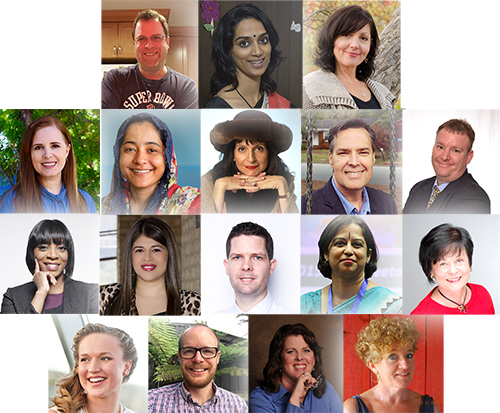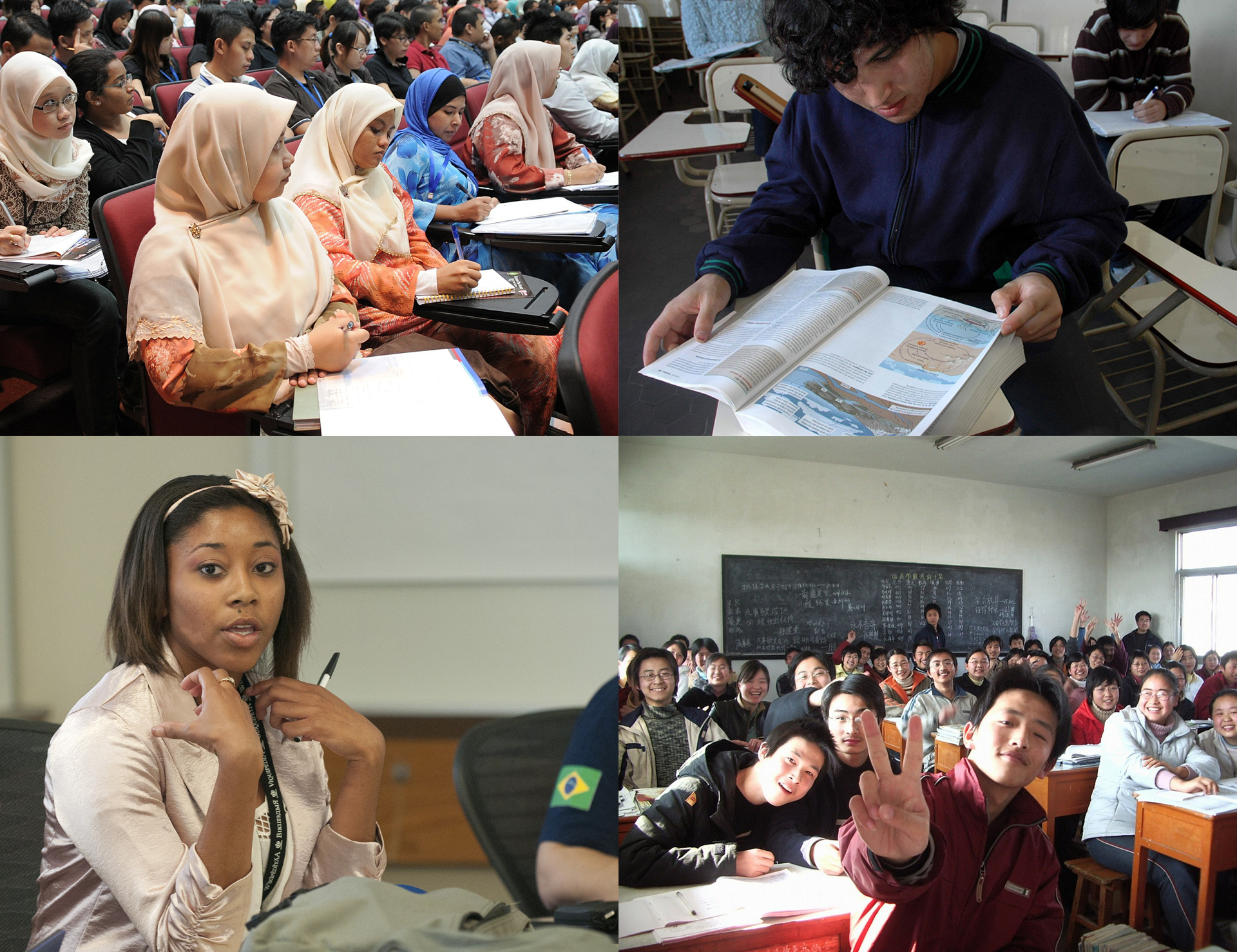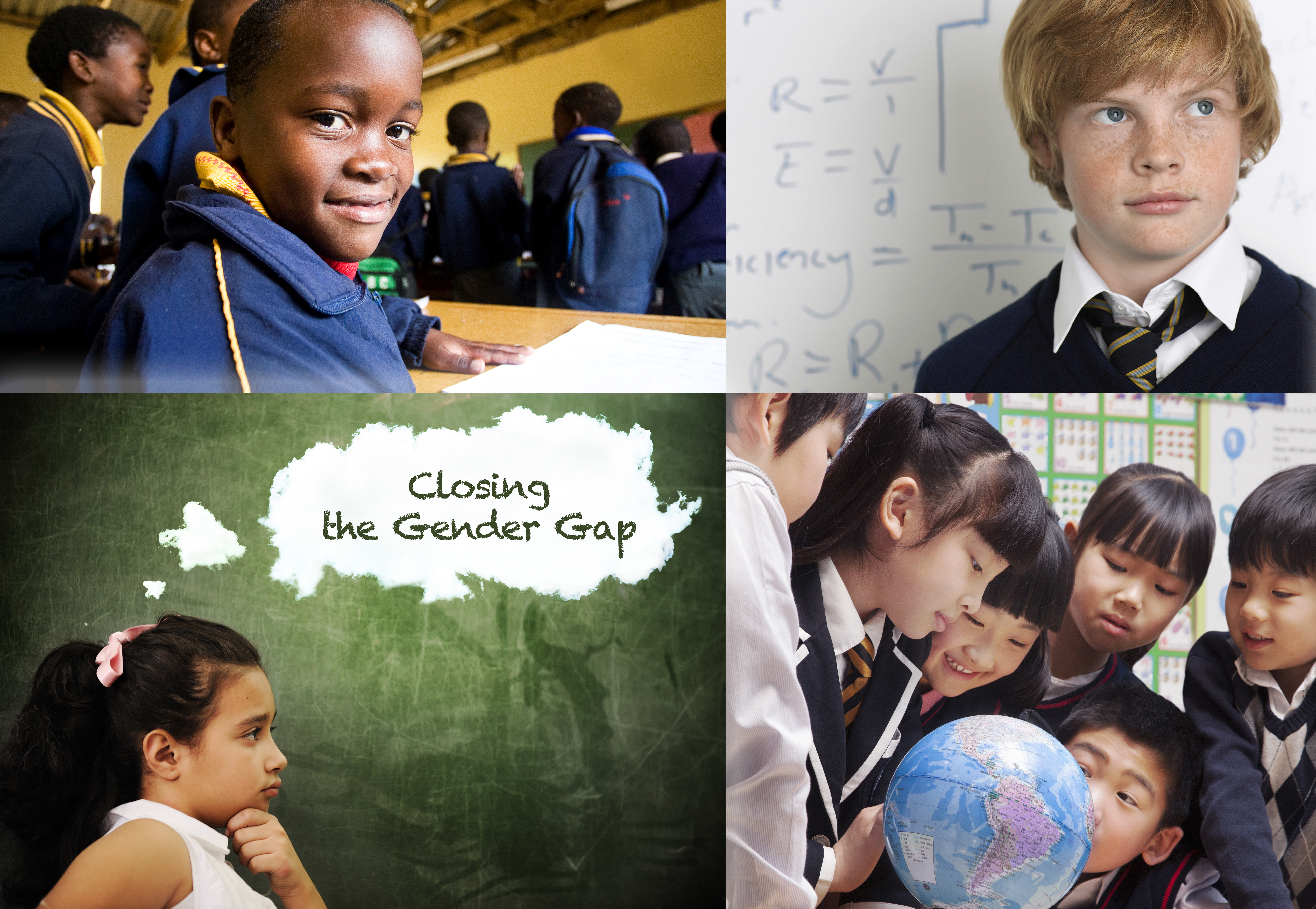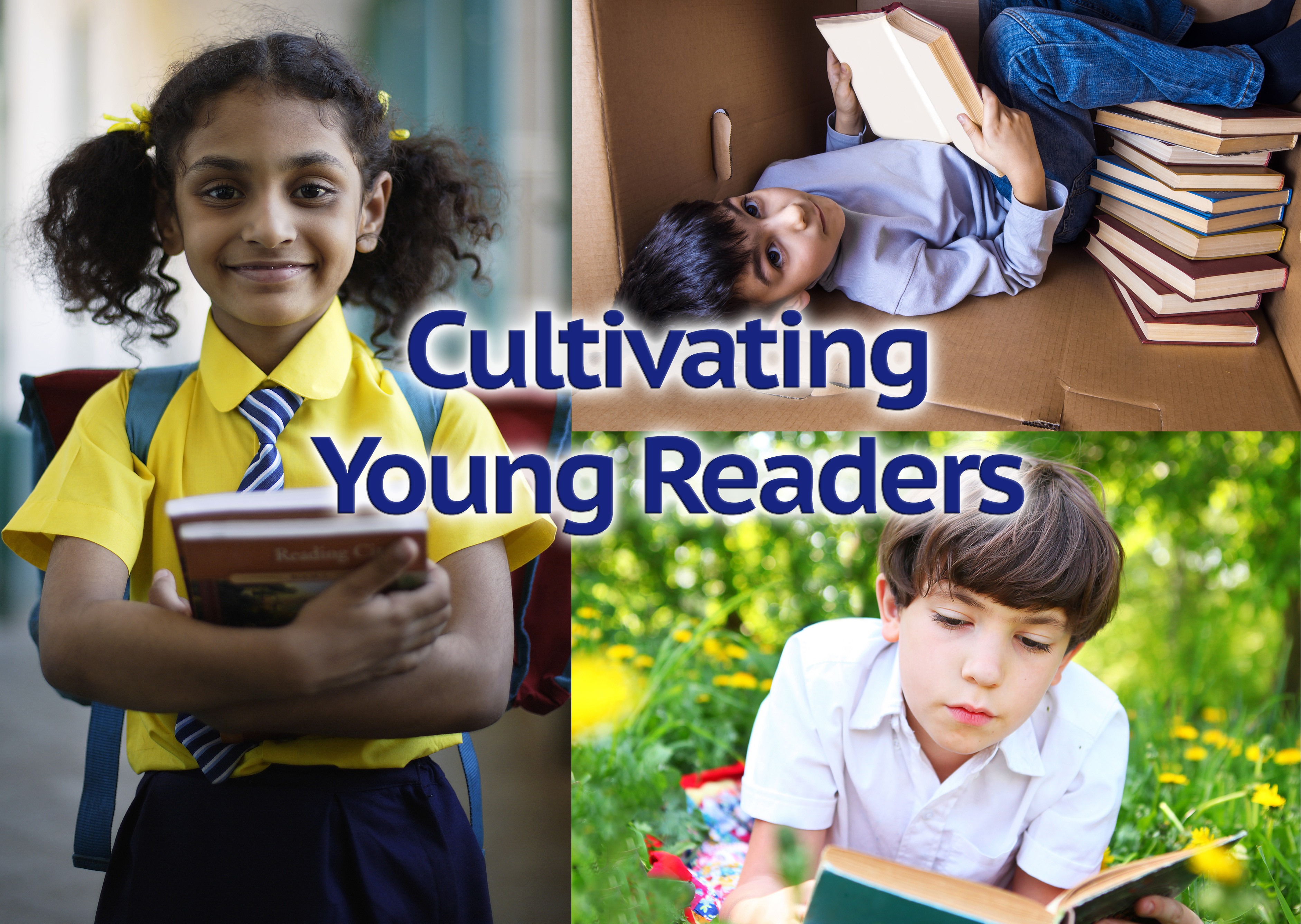
El papel de los maestros es fundamental para elevar los niveles educativos en todo el mundo. En países como Finlandia, Singapur y Corea del Sur, maestros son reclutados de los graduados más cualificados, están altamente capacitados, respetado y bien pagado. Pero eso no es el caso en todos los países. Según McKinsey “Cerrando la Brecha del Talento: Atracción y Retención del tercio superior Graduados de Carreras en la enseñanza”, en los Estados Unidos, por ejemplo,, sólo 23 por ciento de los nuevos maestros provienen del tercio superior, Y solo 14 por ciento están en escuelas de alta pobreza, where the difficulty of attracting and retaining talented teachers is particularly acute. If nations are serious about attracting the best talent to educate their children, they clearly need to improve the value proposition to potential candidates.
Nuestra bloggers Global Maestro son pioneros e innovadores en campos tales como la integración de la tecnología, entrenador de matemáticas, la educación especial, enseñanza de las ciencias, y la equidad de género. Ellos han fundado escuelas, planes de estudio escritos, y aulas dirigidas en 13 diferentes países que se extienden a través de cada continente poblado del planeta. Estos maestros potenciar y enriquecer las vidas de los jóvenes de casi todos los orígenes imaginables.
Hoy en La Búsqueda Global para la Educación, nuestro Top Global Bloggers Maestro comparten sus respuestas a la pregunta de este mes: ¿Cómo inspirar a los mejores y más brillantes para convertirse en educadores?
The short answer to our question for Miriam Mason-Sesay (@EducAidSL) in Sierra Leone is to “involucrar a los jóvenes en un nuevo paradigma. Si el éxito se define en términos de ser humano; si el éxito se define en términos de cuántas personas he tenido un impacto positivo en a través de mis modos de ser y tratar con ellos; si el éxito se define en términos de tener que hice del mundo un lugar mejor por las formas en que tratamos a los demás y vivir mi vida, entonces hay un entusiasmo por ser parte de la única profesión donde realmente podemos cambiar las oportunidades de vida de cientos de jóvenes.” Leer más.
Maarit Rossi (@pathstomath) offers crucial insight into the question, being from Finland–arguably the country with the best teachers in the world. She thinks it boils down to simple concepts like: “respect of the profession, flexibility of the curriculum, profesores’ high level of education and autonomy of teaching methods.” En Finlandia, there are no school inspectors nor national tests. Teachers themselves are trusted to observe and evaluate their students. “I make my own tests or make them together with a colleague. We don’t give much homework.” Leer más.
“Within the most challenging schools there are educators whose love for what they do can be infectious because they see value of impacting the lives of children,” says Nadia Lopez (@TheLopezEffect) whose school is in one of New York’s low income neighborhoods where recruiting and keeping skilled teachers is very difficult. Check out Nadia’s top tips to attract the best and brightest to a career in education: Leer más.
Adam Steiner’s blog (steineredtech) is inspired by the award-winning book, Capital Profesional (Autores Andy Hargreaves @HargreavesBC and Michael Fullan @MichaelFullan1). Profesional Capital recognized that teaching cannot be scripted and emphasized collective responsibility and shared success as key to school success. Steiner notes that the lessons of Capital Profesional identify “key factors in recruiting and retaining the best teachers”: Leer más.
Paulina Hawkins (PaulineDHawkins) asserts “American teachers are scapegoats for everything wrong with our society.” So how does Pauline suggest we bring respect to the profession? The first step in her multiple step process is “getting rid of the ridiculous evaluation system based on standardized tests and tied to teacher pay. Master teachers know that their true effectiveness cannot be measured by a test.” Leer más.
“It starts with us! The people in education right now!” dice Craig Kemp (mrkempnz) who believes that part of the problem is the media tends to show the hardships of being an educator. Craig, who credits his Mum for his passion to teach, says educators must promote and share what they do in positive ways. “One comment can influence someone to become a teacher.” Leer más.
Rashmi Kathuria (@rashkath) from India notes, “Teaching is not just a job from 8:00 am to 3:00 pm. It is a time consuming job even after regular school hours.” When teachers go home they don’t usually get to relax; teachers prepare assignments, do corrections, and work at home preparing lesson plans. They also, “take up online self-professional development from home.” Rashmi recommends incentives for teachers who do extraordinary work such as “a subsidized internet connection to work from home and remain connected with students through their blogs/wikis/online classrooms.” Leer más.
“There are no magic tricks” says Dana Narvaisa (@dana_narvaisa) from Latvia who shares experiences from her own journey. “If you’re a leader in your twenties or thirties, you’re looking for growth, you’re looking for mentors, for role models. To get the best and brightest to become educators, they need at least a few more like-minded people on their team for long term success.” Leer más.
Money and common sense are key, notes Todd Finley (finleyt) quoting Stanford Professor Linda Darling-Hammond: “Nearly all of the vacancies currently filled with emergency teachers could be filled with talented, well-prepared teachers if 40,000 service scholarships of up to $25,000 each were offered annually” to offset teacher education costs based on merit. Curriculum that’s too focused on standardized test scores is “soul killing” and evaluation by VAM Scores should immediately stop. “To attract teachers, we need the public will to support service scholarships, increase pay, stop over-testing, and terminate verifiably wrong-headed evaluation practices.” Leer más.
Richard Wells (@EduWells) takes a different approach to the question. “I believe it makes for a more positive debate when people discuss the potential growth of current teachers, than that of asking: ‘how do we attract better people?” So how does New Zealand build the best and the brightest teachers? Leer más.
Katherine Cárdenas Franco (@ProfKaterineFra) of Colombia writes for La Búsqueda Global para la Educación in her native language of Spanish and believes that, “one way to inspire the best and brightest to become an educator lies in providing the opportunity for direct interaction with teachers making a difference in the context in which they operate.” It’s important for teachers to meet inspiring educators to serve as a role model for how an educator can make a positive effect on their communities. Leer más.
El Top Global Bloggers Maestro es una serie mensual donde los educadores de todo el mundo ofrecen sin embargo experimentaron única toma en temas más importantes de hoy en día. CMRubinWorld utiliza la plataforma para propagar las voces de las personas más indispensables de nuestras instituciones de aprendizaje, profesores.

Warren gorrión
Rashmi Kathuria, Maarit Rossi
(Todas las fotos son cortesía de CMRubinWorld)
Únete a mí y reconocidos a nivel mundial los líderes de opinión, incluyendo a Sir Michael Barber (Reino Unido), DR. Michael Bloquear (EE.UU.), DR. Leon Botstein (EE.UU.), Profesor Clay Christensen (EE.UU.), DR. Linda Darling-Hammond (EE.UU.), DR. MadhavChavan (India), El profesor Michael Fullan (Canada), El profesor Howard Gardner (EE.UU.), El profesor Andy Hargreaves (EE.UU.), Profesor Yvonne Hellman (Países Bajos), Profesor Kristin Helstad (Noruega), Jean Hendrickson (EE.UU.), Profesor Rose Hipkins (Nueva Zelanda), Profesor Cornelia Hoogland (Canada), Honorable Jeff Johnson (Canada), Señora. Chantal Kaufmann (Bélgica), DR. EijaKauppinen (Finlandia), Secretario TapioKosunen Estado (Finlandia), Profesor Dominique Lafontaine (Bélgica), El profesor Hugh Lauder (Reino Unido), Señor Ken Macdonald (Reino Unido), Profesor Geoff Masters (Australia), Profesor Barry McGaw (Australia), Shiv Nadar (India), Profesor R. Natarajan (India), DR. PAK NG (Singapur), DR. Denise Papa (Estados Unidos), Sridhar Rajagopalan (India), DR. Diane Ravitch (EE.UU.), Richard Wilson Riley (EE.UU.), Sir Ken Robinson (Reino Unido), Profesor Pasi Sahlberg (Finlandia), El profesor Manabu Sato (Japón), Andreas Schleicher (PISA, OCDE), DR. Anthony Seldon (Reino Unido), DR. David Shaffer (EE.UU.), DR. Kirsten Immersive Are (Noruega), Canciller Stephen Spahn (EE.UU.), Yves Theze (LyceeFrancais EE.UU.), Profesor Charles Ungerleider (Canada), Profesor Tony Wagner (EE.UU.), Sir David Watson (Reino Unido), Profesor Dylan Wiliam (Reino Unido), DR. Marcos Wormald (Reino Unido), Profesor Theo Wubbels (Países Bajos), El profesor Michael Young (Reino Unido), y el profesor Zhang Minxuan (De China) a medida que exploran las cuestiones de educación cuadro grande que todas las naciones se enfrentan hoy.
La Búsqueda Global para la Educación Comunitaria Página
C. M. Rubin es el autor de dos ampliamente leído serie en línea por la que recibió un 2011 Premio Upton Sinclair, “La Búsqueda Global para la Educación” y “¿Cómo vamos a Leer?” Ella es también el autor de tres libros más vendidos, Incluido The Real Alice in Wonderland, es el editor de CMRubinWorld, y es una Fundación Disruptor Fellow.






Comentarios recientes